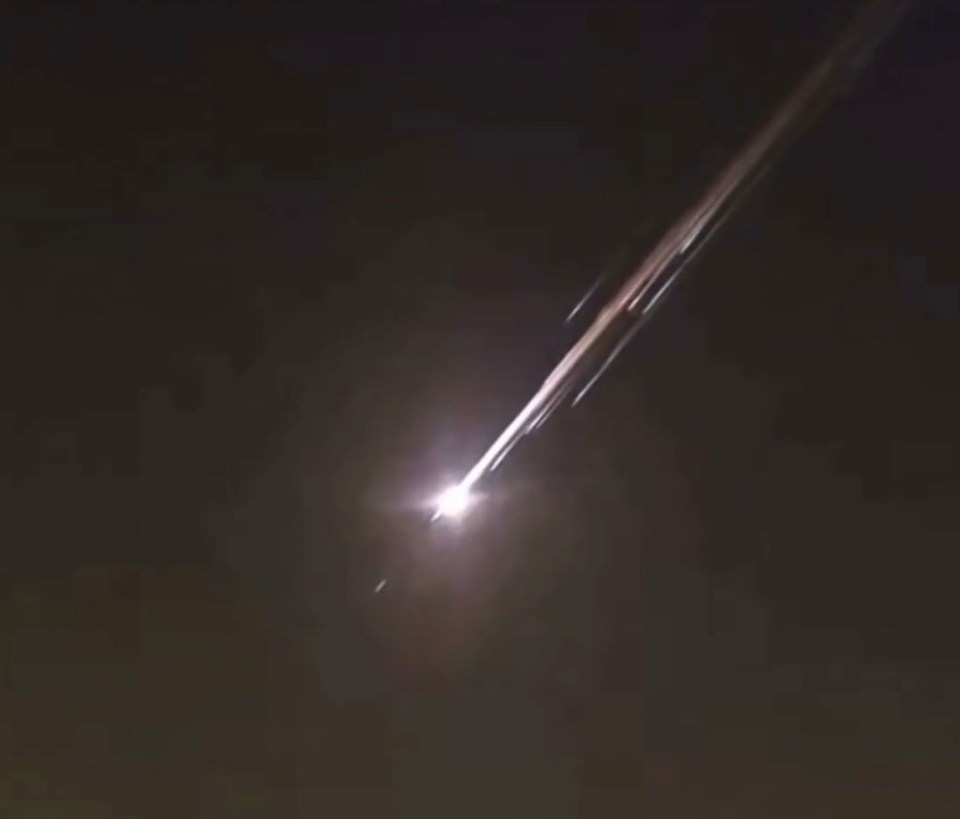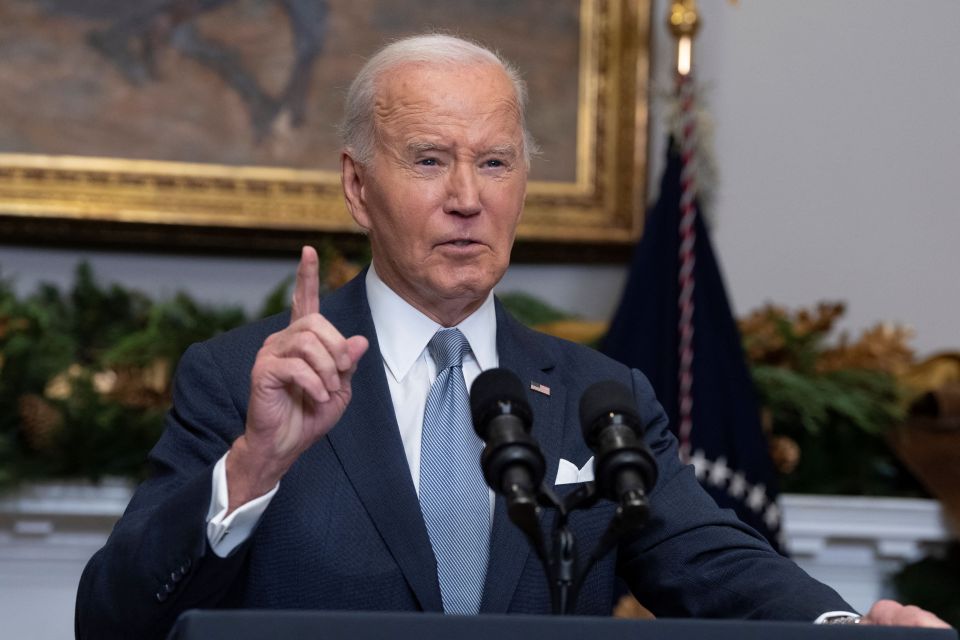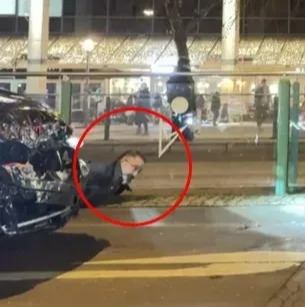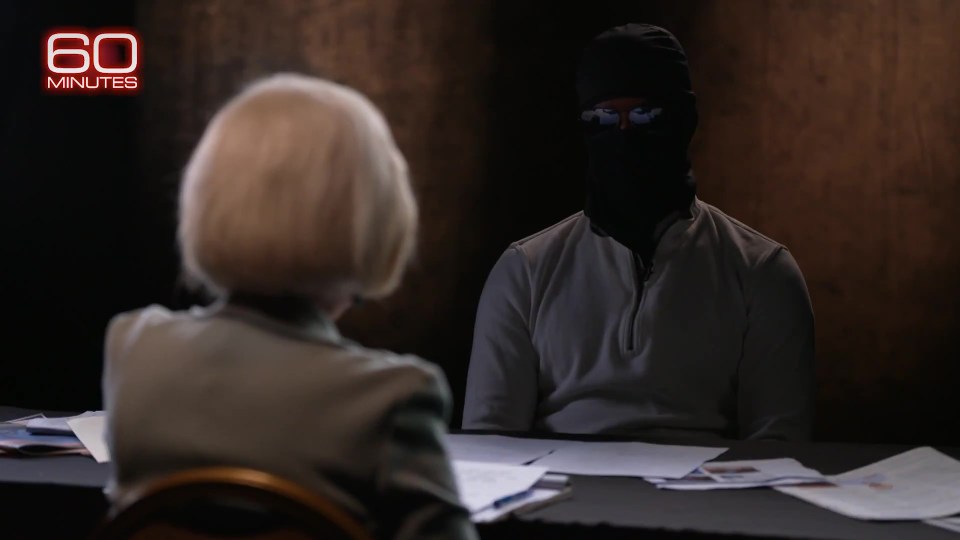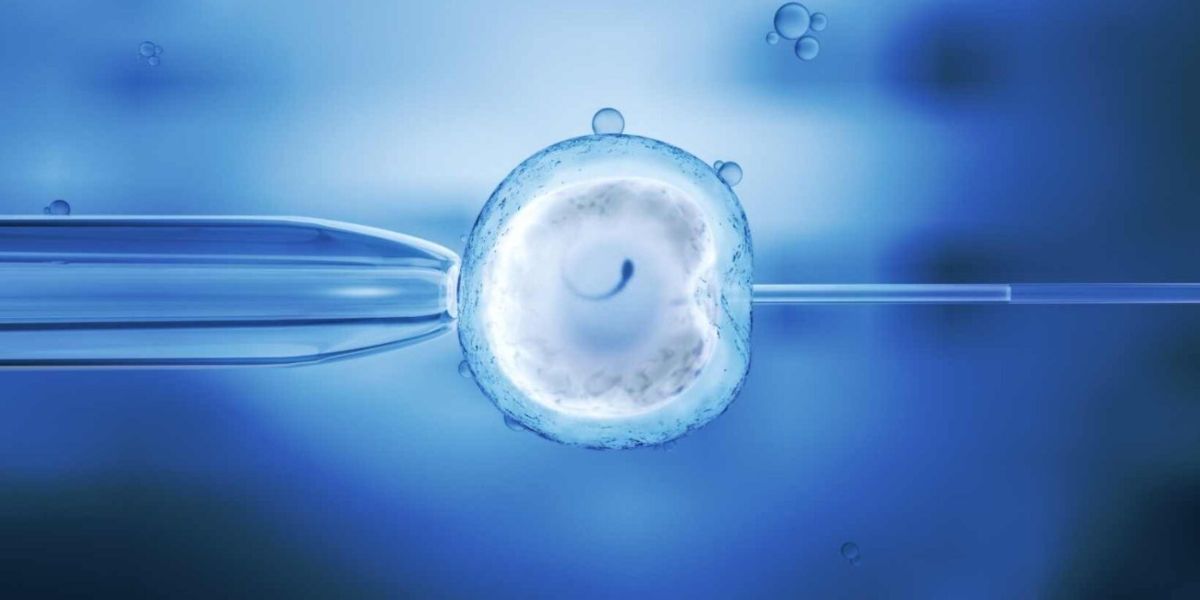Louisiana IVF Protection Bill Fails: What’s Next for Reproductive Rights?
A bill aimed at protecting in vitro fertilization therapy in Louisiana after it was threatened in other states has failed to pass.
State Rep. Paula Davis, R-Baton Rouge, who introduced House Bill 833, stated that she decided to withdraw the legislation because she did not believe it established enough protections for clinicians and patients in its current form.
“You file a bill with the hope that it’s going to pass, but you also file a bill hoping to get it right,” Davis explained. “I’d rather pass something that is meaningful and that actually protects providers.”
She plans to reintroduce the law next year, she added.
Though HB 833 was in the last stages of the legislative process, requiring only procedural approval from the House before coming to Gov. Jeff Landry’s desk, Davis’ colleagues had rejected an amendment that advocates of the bill said was critical to protecting in vitro fertilization practitioners.
That proposal would have removed from state statute wording describing embryos as human beings. Because Louisiana’s criminal provisions also pertain to humans, physicians and attorneys have expressed concern that current legislation could expose doctors to criminal culpability.
Senate’s Judiciary A committee blocked the amendment after a dispute over whether life begins at fertilization or when an embryo is placed in the uterus. Even with the modification, embryos would have retained “juridical person” status, which allows for litigation on their behalf.
When HB 833 reached the full Senate, the chamber added language that would have prohibited IVF providers from transferring embryos out of state for destruction. Currently, providers commonly outsource embryo storage to neighboring states, both to shield themselves against natural catastrophes in Louisiana and because to a lack of in-state storage space.
To pass HB 833, the House would have needed to approve the changes. Davis had the opportunity to request such a decision on Wednesday but chose to defer it. She said the bill will not be heard again before the legislative session ends in a few days.
Davis proposed her measure after an Alabama court judgment equating frozen embryos to infants temporarily halted IVF treatment in the state. Another case in Texas has sparked fears about further delays to treatment.
Davis intends to educate politicians in the coming months about the need to change Louisiana’s present law, but she does not anticipate IVF therapy will be jeopardized immediately.
“(Providers) feel comfortable right now continuing to practice under the current law, however, they do recognize…that the law does need to be revised in order to have adequate civil protections and adequate criminal protections,” she stated.



